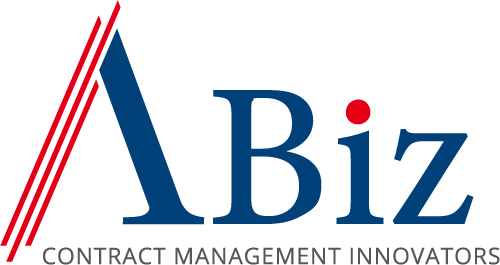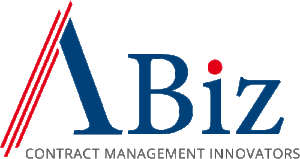Does contract management stop at execution? If you are a contract manager, you know the answer to that question is “NO.” Execution of a contract is where the fun begins. So, what is involved in contract management?
First, let’s explore the difference between a Commercial Contract Management organization and the Legal Department. Even if both Commercial Contract Management and Legal reside within the Legal Department, their functions are distinct. Legal handles all legal issues for the company, including those related to contracts. In contrast, a commercial contract management organization integrates the legal and business aspects of contractual relationships. This high-level overview only hints at the complexities involved, but it is crucial to understand the distinction between these two functions for our discussion.
Since Commercial Contract Management bridges both the legal and business aspects of contracts, we can now focus on how this function drives profitability. I’ve talked about some of this in two previous blogs, “How Can Commercial Contract Management Help A Company’s Profitability?” in the pre-execution stage and the post-execution stage of a contract’s life cycle.
One significant way contract management can enhance company profitability is by eliminating inefficiencies in the contracting process. A 2021 Ernst & Young Law Survey revealed that 50% of those surveyed acknowledged losing business due to such inefficiencies. This highlights the urgent need for business leaders to address this issue. Common inefficiencies stem from undefined processes, unclear responsibilities, and lack of technology. Addressing these areas is crucial for optimizing contract management and driving profitability.
To address these inefficiencies, companies should implement clear, standardized processes for contract management. This includes defining roles and responsibilities for each stage of the contracting process to ensure accountability and streamline workflows. Additionally, investing in contract management technology can automate repetitive tasks, improve accuracy, and provide real-time insights. By leveraging these tools, businesses can reduce delays, minimize errors, and enhance overall efficiency, ultimately leading to increased profitability and stronger contractual relationships.
Specific contract management activities should be prioritized to tackle inefficiencies in contracting processes. These activities include:
- Tracking obligations and deadlines: Ensuring all contractual obligations and deadlines are monitored to avoid penalties and missed opportunities.
- Ensuring performance compliance: Verifying that obligations are neither over nor under-performed to maintain contract integrity and value.
- Exploring negotiation effectiveness: Continuously seeking opportunities to enhance negotiation strategies for better contract terms.
- Adhering to regulatory requirements: Maintaining strict compliance with all relevant regulations to avoid legal issues and fines.
- Monitoring contract compliance: Regularly reviewing contract adherence and analyzing spend to identify cost-saving opportunities.
- Ensuring timely renewals: Managing contract renewal processes efficiently to avoid lapses and secure favorable terms.
- Identifying procurement savings: Consolidating purchases to maximize discounts and considering forward buying to mitigate vendor price increases.
- Conducting risk and optimization reviews: Regularly assessing contractual risks and opportunities for optimization to enhance overall contract value.
In summary, effective contract management is crucial for boosting company profitability by streamlining processes and reducing inefficiencies. The distinction between Legal and Commercial Contract Management plays a vital role in this effort. While Legal ensures compliance with regulations and addresses legal issues, Commercial Contract Management integrates these legal aspects with business objectives to optimize contracting activities. By implementing standardized procedures, leveraging technology, and ensuring clear roles and responsibilities, businesses can enhance compliance, performance, and cost-saving opportunities. Embracing these strategies enables companies to drive profitability and maintain a competitive edge in the market. Contact us today for a complimentary consultation to learn more about how ABiz can help your team.



